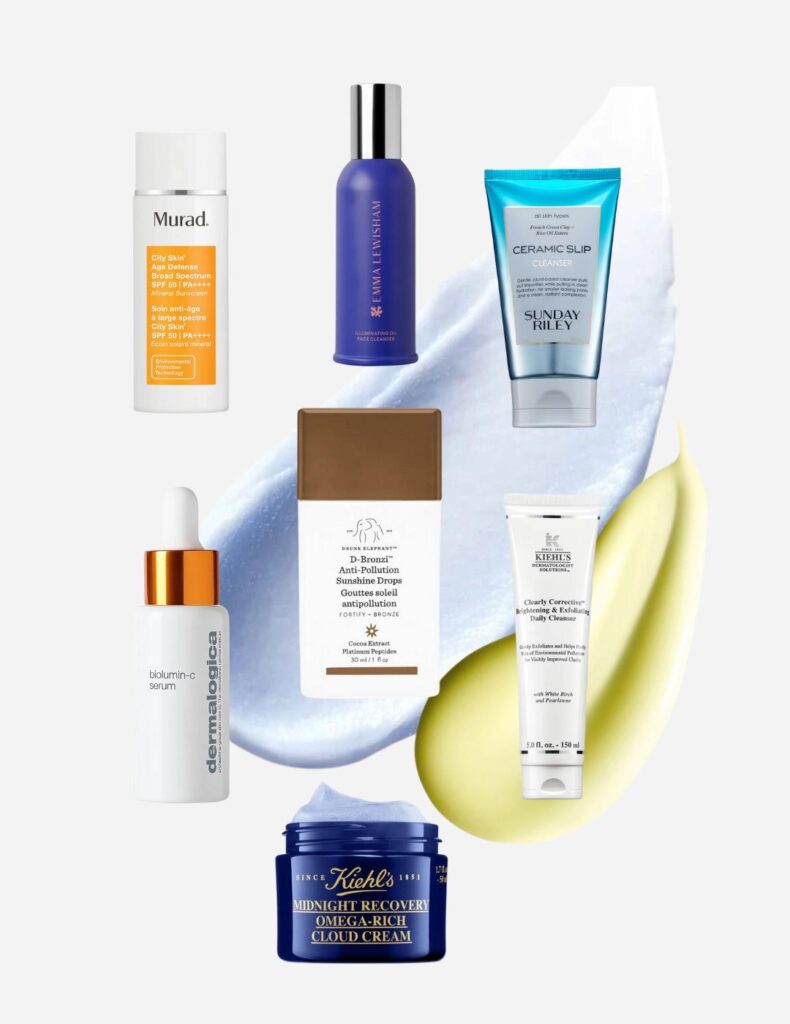
It’s an all-too-familiar feeling. Without thinking, you’ve already said yes to the last-minute gruelling deadline that your boss has set you. Late nights and coffee-fuelled days loom, but it hasn’t stopped you from committing to 6 AM F45 sessions at the behest of your well-meaning albeit overfond neighbour. And then there’s the soirée that you agreed to host at the last minute when, on the verge of a dinner-party-induced meltdown, your close friend decided that squeezing a throng of guests into her shoebox-sized apartment wasn’t such a good idea. Many of us who are well-practised in the art of juggling career with family and personal lives know all too well the sheer dread those three little letters — Y-E-S — often precipitate. Why is it then that we so often say yes when the truth is that agreeing to ‘just one more thing’ can make us feel like our world is about to implode?
Whether it’s a need to live up to the modern-day — and pressure-riddled — expectation that women can have and do it all, or an innate desire to please those in all circles of your life, many of us say yes without sparing it a second thought. However, too many yeses can take their toll. Nutritional biochemist, best-selling author, and speaker Dr Libby Weaver reveals why we’re inclined to say yes and why we should be saying no more often.
The downside of always saying yes
“When we are constantly saying yes when we’d really prefer to say no, we set up an internal disharmony that can lead to resentment building and bubbling away under the surface,” explains Weaver. Not only can it lead to unwanted stress and even anxiety, saying yes constantly can also impact those around us. “It can be incredibly damaging to our relationships, and we may end up blaming other people for the way we feel, when it’s actually our own reluctance to say no that lies at the heart of our discontent,” she explains.
If you’ve ever skipped the gym and indulged in one-too-many takeaway meals or glasses of wine after a hard week, you’ll understand that it’s often our health and well-being suffer too. “When people find it impossible to say no, the busyness that ensues typically reinforces a perception that there isn’t enough time to take better care of themselves, but they might tell themselves that this is OK because they are meeting the needs of others,” says Weaver. She often hears the same “I’m too busy” statements from women. “I’m too busy to cook my own meals, take a lunch break, have some time to myself. The reality is we are only busy with what we say yes to, and we show what our priorities are with what we spend our time doing,” she explains.
Rather than automatically agreeing to everything that is asked of you, Weaver places the utmost importance on putting your own needs first. “To me, prioritising our own needs is about how we treat ourselves on a daily basis — it’s choosing nutritious foods and moving our body regularly because we care about and value ourselves, not because we’re fearful of ‘bad’ foods or gaining weight. It’s about speaking kindly to ourselves and taking action to make our own health a priority — and not feeling guilty about it, even if that means saying no to someone or something else.”
While she agrees that there’s immense beauty in being an incredible support system to a lot of people, there’s a downside that we rarely talk about: “If you’re at the bottom of your own priority list, eventually you’re going to burn your health and energy out and then you won’t be able to show up for others in the way that you want to anyway.”
It’s in our nature to say yes
Although Weaver says that it’s something we’re not conscious of, people-pleasing stems from a deep desire to never let anyone down, with the unspoken belief that this ensures we’re never rejected or disliked. “These behaviours are rewarded in childhood because they tend to be associated with traits like being caring and helpful,” she explains. She says while this isn’t a bad thing, it can become problematic if it starts to erode our own health: “If you are a people-pleaser in your nature, you will find it hard to say no and you may be exhausted from trying to appear stronger than you feel.”
Weaver says that shaking every human’s greatest fear — that we’re not enough and as a result won’t be loved or approved — isn’t easy; it’s something that is hardwired into us as we need love and care to survive as infants. As adults, this isn’t the case, yet it doesn’t stop us from agreeing to everything put in front of us to please those we care about. “We’re going into overdrive trying to ‘do it all’ no matter what is asked of us, to avoid what we might perceive to be a loss of love, approval or appreciation,” says Weaver. “Ultimately, when we say yes when we want to say no, we worry what the person who’d be on the receiving end of no might think of us. We are (unconsciously) concerned they will see (perceive) us in a disapproving way.”
A simple ‘yes’ can have an impact on your well-being
“If we’re constantly running ourselves ragged trying to be all things to all people, eventually our health is going to suffer,” says Weaver. “Our body doesn’t have a voice but it lets us know via symptoms whether it is happy or not, and when we’re constantly stressed, rushed, and overwhelmed, it shows up in a variety of ways,” she explains. The stress of taking on too much can have a huge impact on our physical and mental well-being. “Digestion can be compromised and you may experience more bloating, reflux, or changes in bowel regularity, not to mention that mood can suffer and you may feel low, irritable, or anxious,” says Weaver. “Sex-hormone balance can also be affected, and women tend to experience problematic cycles — which might mean an increase in symptoms like premenstrual syndrome (PMS) or it might be that periods become less regular or heavier. People will also usually feel tired but wired and can have trouble sleeping restoratively.”
Saying no could boost your happiness
Always saying yes when you really want to say no is one of the behaviours that Weaver believes can affect both health and happiness. “It can drive feelings of resentment that we tend to keep silent, because we also want to keep the peace. But there is no peace for you when you feel you have to keep the peace,” she explains. “Of course, if we’re completely overcommitting ourselves, this naturally takes away from our rest time too, as well as our time for fun.”
Weaver says if you find it difficult to say no, which many of us do, it can help to consider what you are giving the other person when you do. “For example, saying no might allow the other person the opportunity to develop other resources, give them a more authentic friendship, an expanded view of the world, or help them to grow or become more flexible,” she says. “It’s also great to remember the benefits within our own lives of learning to say no, because if we are saying yes to something, it’s taking the place of something else.” Weaver suggests silently considering what you’re saying no to when you say yes to something, and how that fits with your priorities and values.
Self-prioritising is essential in 2021
Weaver says self-care is more pertinent than ever before: “We live in a world where we are contactable 24/7, and the reality is that some people feel this means they need to be on all the time. While this was most definitely a challenge prior to 2020, it seems to have intensified further as the boundaries between work and home are increasingly blurred for people who have adapted to working from home, or who may feel they need to prove their value as an employee more than before.” Weaver says that vigilantly checking for news updates through various sources has compounded feelings of overwhelm or even despair: “This can become problematic if it is perpetuating more stress and anxious feelings or if they feel they can never fully switch off. We can’t always change our situation or avoid stress, so it’s always good to focus on the actions that we can take, rather than the things that are not in our power to change.










